articles
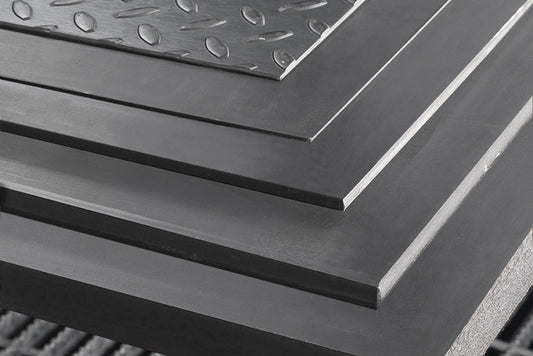
Understanding 1/4 Steel Plate Characteristics i...
A 1 4 steel plate is strong and dependable. It measures precisely 1/4 inch in thickness and weighs 10.2 pounds per square foot, making it both tough and easy to handle...
Understanding 1/4 Steel Plate Characteristics i...
A 1 4 steel plate is strong and dependable. It measures precisely 1/4 inch in thickness and weighs 10.2 pounds per square foot, making it both tough and easy to handle...
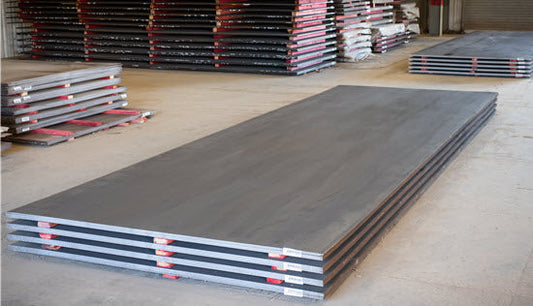
What Are AR500 Plates and Their Key Applications
AR500 plates are tough steel plates that resist scratches. They have a hardness of 477–534 BHN, making them very strong. These plates are great for industries because they last long....
What Are AR500 Plates and Their Key Applications
AR500 plates are tough steel plates that resist scratches. They have a hardness of 477–534 BHN, making them very strong. These plates are great for industries because they last long....
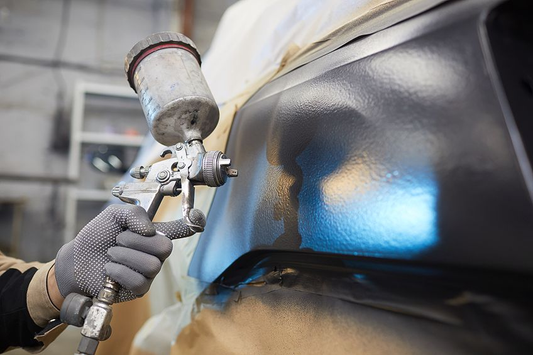
Can you paint stainless steel
Yes, you can paint stainless steel! With good prep and tools, you can change its look and keep it strong. The trick is to prepare the surface well. For example,...
Can you paint stainless steel
Yes, you can paint stainless steel! With good prep and tools, you can change its look and keep it strong. The trick is to prepare the surface well. For example,...
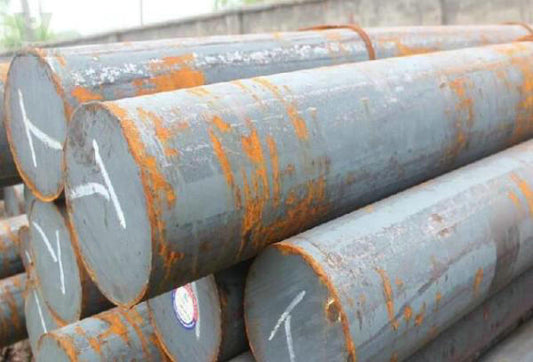
Does Carbon Steel Rust and Why It Happens
Carbon steel rusts because it has a lot of iron. Iron reacts with oxygen and water in the air. This reaction makes iron oxide, which we call rust. Carbon steel does not have...
Does Carbon Steel Rust and Why It Happens
Carbon steel rusts because it has a lot of iron. Iron reacts with oxygen and water in the air. This reaction makes iron oxide, which we call rust. Carbon steel does not have...
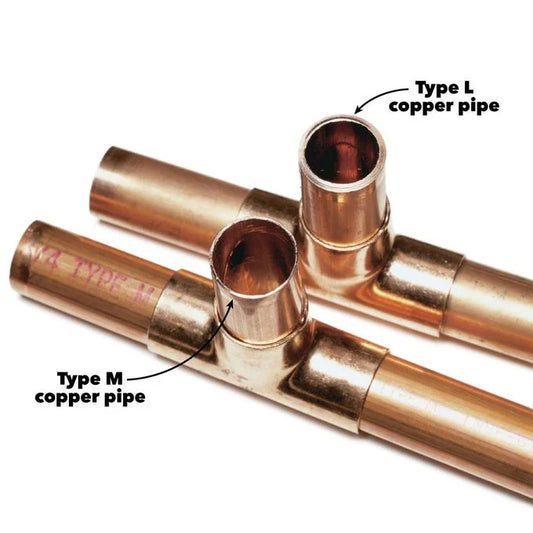
Type L vs Type M Copper: Key Differences Explained
When comparing type L vs type M copper, there are notable differences in thickness, durability, and cost. Type L copper pipes, with a thickness of 0.045 inches for a ¾-inch...
Type L vs Type M Copper: Key Differences Explained
When comparing type L vs type M copper, there are notable differences in thickness, durability, and cost. Type L copper pipes, with a thickness of 0.045 inches for a ¾-inch...
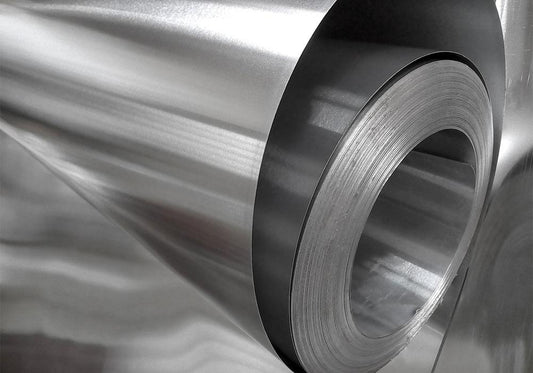
Is Aluminum Considered a Metalloid in 2025
Have you ever asked, is aluminum a metalloid? In 2025, aluminum is still called a metal. This is because of its special physical and chemical traits. It carries electricity and heat...
Is Aluminum Considered a Metalloid in 2025
Have you ever asked, is aluminum a metalloid? In 2025, aluminum is still called a metal. This is because of its special physical and chemical traits. It carries electricity and heat...
